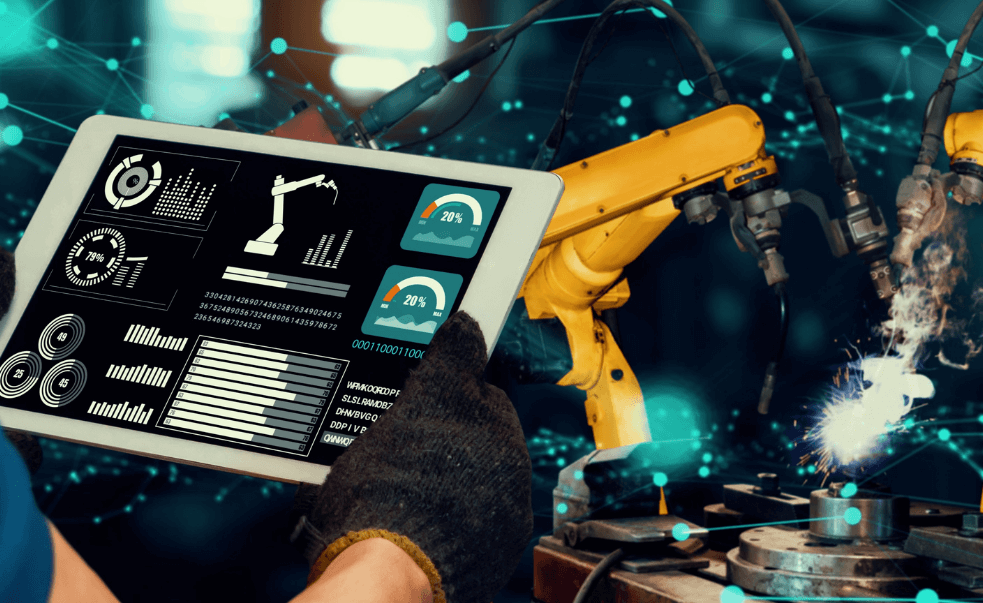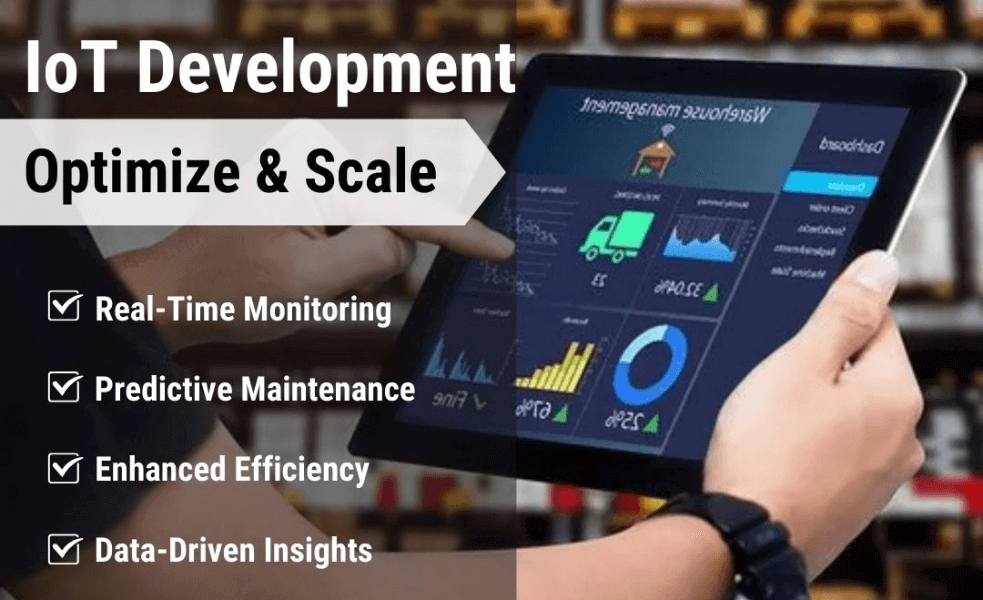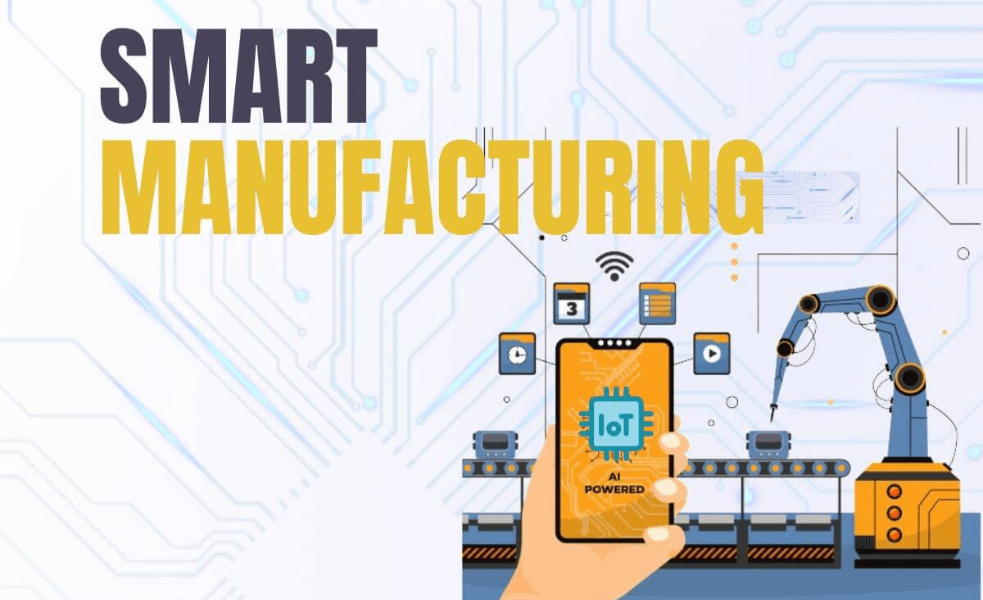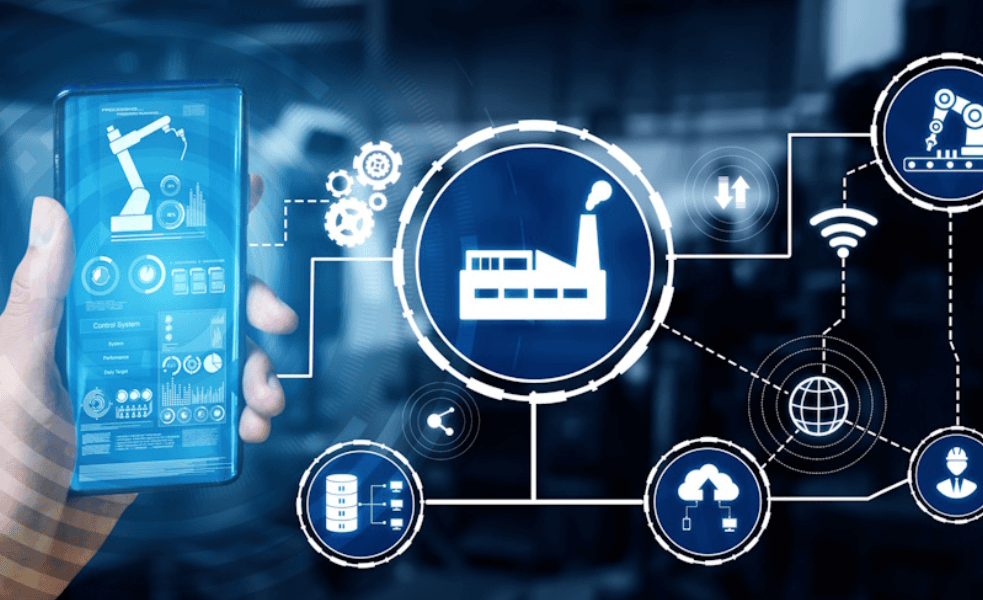Hey there! So, you’re ready to dive into the world of IoT (Internet of Things) and build something smart, connected, and maybe even a little futuristic for your business. But before you jump headfirst into development, there’s a crucial decision you have to make: choosing the right IoT platform.
Think of the IoT platform as the backbone of your entire IoT ecosystem — it connects your devices, collects and processes data, supports your applications, and ensures everything runs smoothly and securely. Pick the wrong platform, and your project could stall, blow your budget, or worse — fail to deliver the value you expect.
In this blog, we’ll walk through the essentials to help you pick the best IoT platform for your business. Whether you’re just getting started or scaling an existing solution, these insights will save you time, money, and headaches.
What Exactly Is an IoT Platform?
Before we dig into the selection criteria, let’s get clear on what an IoT platform actually does.
At its core, an IoT platform is a software framework that enables you to:
Think of it as the “command center” where your IoT magic happens.
Why Choosing the Right IoT Platform Matters
Here’s the deal — the IoT platform you pick shapes everything from development speed and costs to long-term maintainability and innovation capacity.
 Integration headaches with your existing infrastructure
Integration headaches with your existing infrastructure Data security vulnerabilities putting your operations at risk
Data security vulnerabilities putting your operations at risk Limited scalability that stunts growth
Limited scalability that stunts growth Vendor lock-in that traps you with proprietary tech and rising costs
Vendor lock-in that traps you with proprietary tech and rising costs Poor developer experience, slowing down your project timelines
Poor developer experience, slowing down your project timelinesThat’s why it pays to do your homework upfront.
Top Criteria for Choosing an IoT Platform
Let’s break down the main factors you need to consider:
 Device Support & Connectivity
Device Support & Connectivity- How many device types does the platform support? Sensors, cameras, industrial machines?
- Does it work with your preferred communication protocols? (MQTT, HTTP, CoAP, etc.)
- Can it handle edge devices that need local processing?
 Data Management & Analytics
Data Management & Analytics- Does it support real-time data ingestion and processing?
- Are there built-in analytics or AI/ML tools for advanced insights?
- How does it handle big data storage and querying?
 Application Enablement
Application Enablement- Does it provide SDKs, APIs, and tools for building IoT applications?
- Can you easily deploy and update applications remotely?
- Does the platform offer end-to-end security? (Device authentication, data encryption)
- Is it compliant with industry standards relevant to your sector? (GDPR, HIPAA, NERC CIP, etc.)
 Scalability & Reliability
Scalability & Reliability- Can it scale from a few devices to millions without performance loss?
- What SLAs (Service Level Agreements) does the provider offer?
- Does it support multi-region deployments for global operations?
 Integration Capabilities
Integration Capabilities- Does it integrate easily with your existing IT landscape? (Cloud services, databases, analytics tools)
- Can it connect with popular cloud platforms like Azure, AWS, or Google Cloud?
 Cost & Licensing Model
Cost & Licensing Model- Is pricing predictable? Per device, per message, or flat fee?
- Are there hidden costs like data egress or premium support?
 Vendor Ecosystem & Support
Vendor Ecosystem & Support- How mature is the platform’s vendor ecosystem?
- What level of support and documentation is available?
- Are there third-party partners or consultants to help?
Popular IoT Platforms to Consider
Here’s a quick snapshot of the major players:
| Platform | Strengths | Best For |
| Azure IoT | Deep integration with Microsoft tools, strong AI/ML capabilities | Enterprises using Microsoft tech |
| AWS IoT | Flexible, scalable, extensive service portfolio | Businesses wanting broad cloud ecosystem |
| Google Cloud IoT | Powerful data analytics and AI, strong device management | Data-driven businesses, startups |
| IBM Watson IoT | Strong in AI and industry-specific solutions | Manufacturing, industrial IoT |
| ThingWorx | Rapid app development, strong visualization | Industrial and manufacturing IoT |
| Bosch IoT Suite | Device management, strong security | Automotive and smart city projects |
Real-World Example: How Azure IoT Platform Shines
Say you run a manufacturing company and want to optimize machine maintenance.
Azure IoT lets you connect machines, collect telemetry in real-time, analyze it with Azure Stream Analytics or Azure Machine Learning, and trigger automated workflows if something looks off. Plus, its integration with Azure Digital Twins helps you create detailed virtual models of your factory floor — enabling even smarter optimization.
Practical Tips for Your Platform Selection Process
 Map your use cases
Map your use cases Evaluate demos and trials
Evaluate demos and trials Talk to your developers
Talk to your developers Consider future needs
Consider future needs Ask for references
Ask for referencesChoosing the right IoT platform isn’t just a tech decision — it’s a strategic move that can set your business up for long-term success. By carefully evaluating your needs and the platform capabilities, you’ll build a strong foundation for your IoT initiatives.
Remember, the best platform is one that fits your unique business, supports your current and future use cases, and empowers your team to innovate confidently.
Ready to speed up your IoT application development with Azure?
Dive into the Azure IoT ecosystem today and start building smarter solutions that transform your business.





